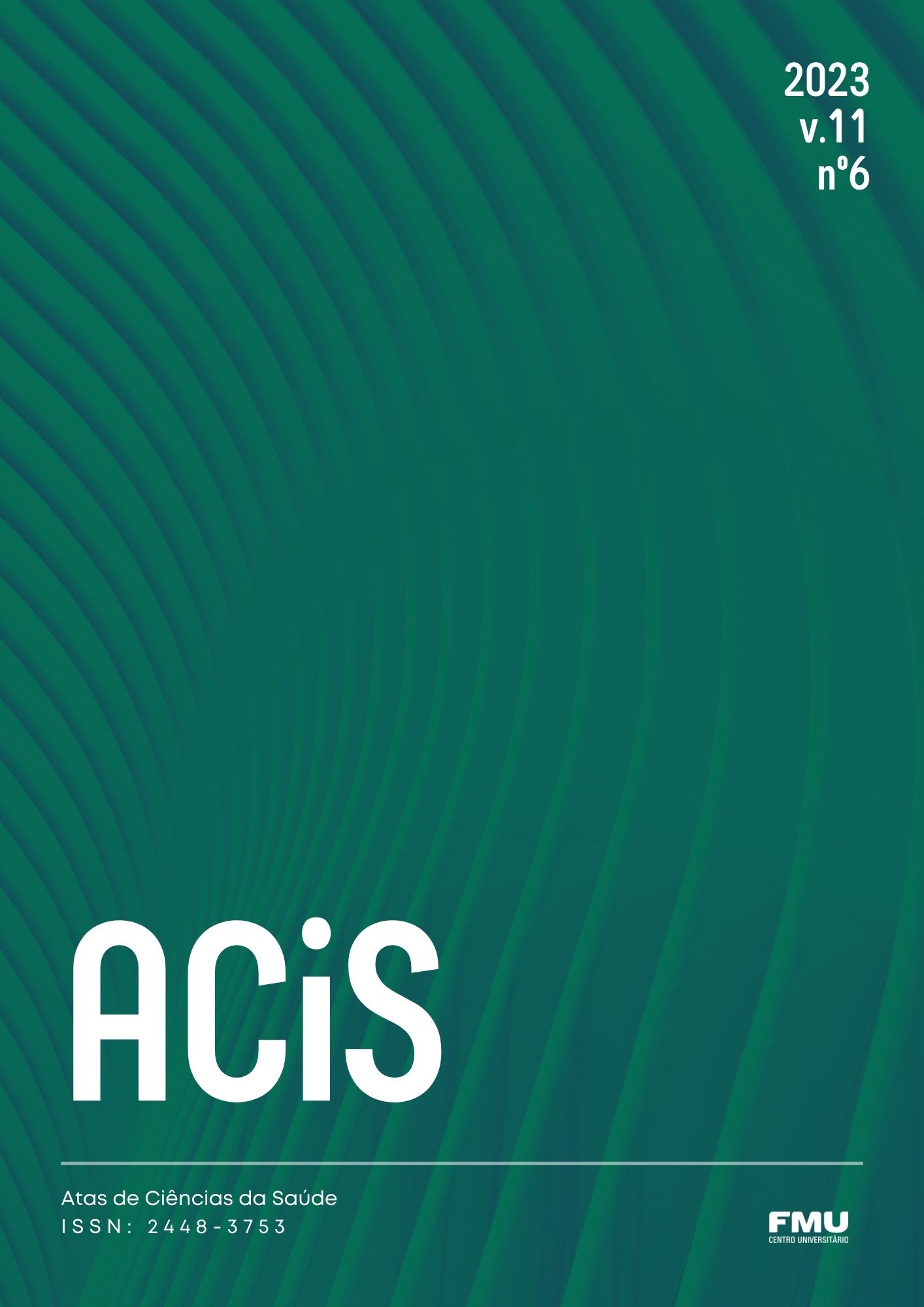Contextual Therapies: State of the Art Review
Abstract
Contextual therapies, or alternatively, third-generation cognitive-behavioral therapies, have gained prominence in the field of psychology in recent years and are increasingly being adopted by psychotherapists in clinical settings. The search for methods and tools with validity and scientific evidence has heightened the interest of professionals in the field of behavioral therapies, and this interest has been growing exponentially in recent years. In this scenario of increasing visibility and implementation of contextual therapy techniques, the question arises: What are the studies addressing contextual therapies in Brazil, and how are they being approached? To answer this question, a search was conducted in the national library database, the Virtual Health Library, PubMed, and the SciELO database. Studies conducted in the last five years in Brazil that directly addressed contextual therapies were included as criteria. The searches yielded 6,738 studies, and after applying inclusion and exclusion criteria, only 20 studies were considered for the state-of-the-art review. As a result, it can be observed that despite the growing interest in contextual therapies among healthcare professionals, the number of research papers on the subject has decreased in the country. Many studies were unable to widely demonstrate results due to short evaluation periods and small sample sizes. To validate third-generation therapies in the Brazilian context, it is essential to increase studies, publications, and samples to consolidate evidence-based therapeutic strategies. Despite being promising globally, more research is needed to establish contextual approaches as the gold standard for the treatment of mental disorders in Brazil.
Descriptors: contextual therapies, acceptance and commitment therapy, dialectical behavioral therapy
Published
Issue
Section
License
Copyright (c) 2023 Carolina Vieira, Bárbara Cristina Niero

This work is licensed under a Creative Commons Attribution-NonCommercial 4.0 International License.
Autores que publicam nesta revista concordam com os seguintes termos:
- Autores mantém os direitos autorais e concedem à revista o direito de primeira publicação, com o trabalho simultaneamente licenciado sob a Licença Creative Commons Attribution que permite o compartilhamento do trabalho com reconhecimento da autoria e publicação inicial nesta revista.
- Autores têm autorização para assumir contratos adicionais separadamente, para distribuição não-exclusiva da versão do trabalho publicada nesta revista (ex.: publicar em repositório institucional ou como capítulo de livro), com reconhecimento de autoria e publicação inicial nesta revista.
- Autores têm permissão e são estimulados a publicar e distribuir seu trabalho online (ex.: em repositórios institucionais ou na sua página pessoal) a qualquer ponto antes ou durante o processo editorial, já que isso pode gerar alterações produtivas, bem como aumentar o impacto e a citação do trabalho publicado (Veja O Efeito do Acesso Livre).





